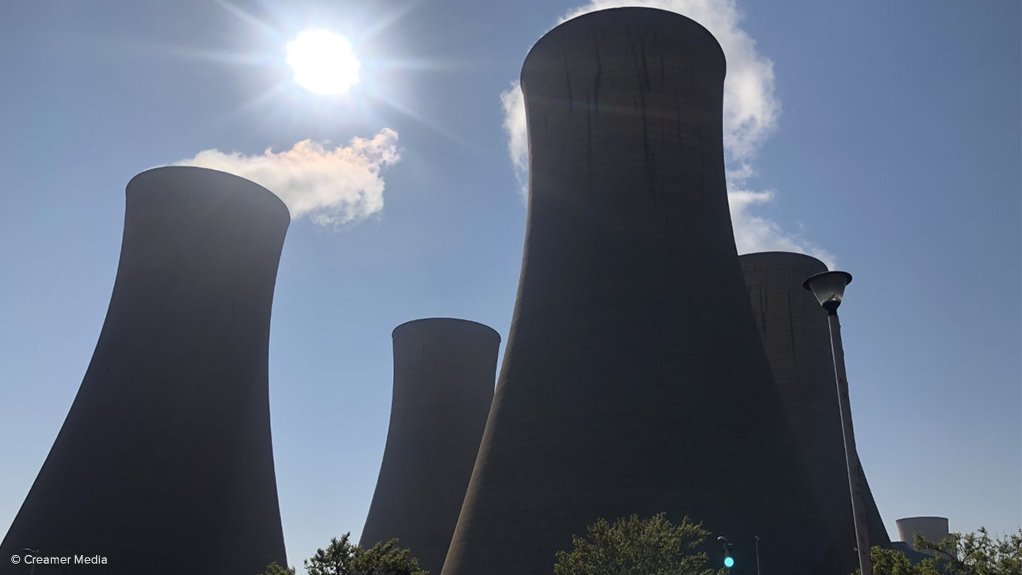South Africa is likely to prioritise energy security over its decarbonisation aspirations to avoid further damage to its economy, said James Mackay, the chief executive officer of the Energy Council of South Africa.
That would involve extending the life of some of state power utility Eskom’s coal-fired plants. The cost may be reduced access to concessional climate finance and a decline in the competitiveness of South African exports as the European Union ramps up levies on imported products that have carbon-heavy production processes, he said.
“Energy security is fundamental to economic growth and activity,” Mackay, whose organisation’s members include Anglo American and Glencore, said in a November 16 interview.
“The problem is that we are not solving decarbonisation, we are actually going to be pushing out our decarbonisation targets because we are going to live with extended, recapitalised coal.”
South Africa is the world’s 14th-biggest source of climate-warming greenhouse gases. While the government has set an ambitious target to reduce its emissions by 2030, it’s contending with recurrent power outages that are dragging down economic growth.
The quickest way to end blackouts is to repair Eskom’s old and poorly maintained coal-fired plants. Private companies are being encouraged to build renewable energy plants, but there isn’t sufficient transmission capacity to connect many planned projects to the grid.
That means money is likely to be spent on extending the life of a number of Eskom’s plants that use fossil fuels, and plans to close about a quarter of its coal-fired capacity by 2030 may be delayed, Mackay said. The government and Eskom have said this is being considered.
“We are probably seeing anything from three to four years on some of the smaller stations to even up to 10 years on some of the mid-life stations,” Mackay said.
Eskom said it’s still considering whether to extend the life of the plants and has yet to ascertain the cost or impact on emissions of doing so.
South Africa last year secured a commitment from some of the world’s richest nations to provide $8.8-billion in climate finance to help it transition away from the use of coal, which currently accounts for more than 80% of the power generated in the country. The funding pledge came with the understanding that some coal-fired plants would close.
If the plants are kept open for longer, a clear decommissioning plan will be needed to attract the finance required to add renewable energy capacity and bolster the transmission grid, Mackay said. He sees progress being made toward easing outages, known locally as loadshedding.
“We are closing that gap quite rapidly and I think that we will see loadshedding substantially being reduced over the course of next year to the end of 2024,” he said. Still, growth in renewable energy is too slow and needs to double to about seven or eight gigawatts a year, he added.
“Everyone understands that the energy transition is lumpy, it’s difficult, it’s challenging, it’s not a linear programme,” Mackay said. “As long as we are robust and transparent around why the plans are potentially not working, what is being done to get those plans back on track and where are the areas of support that could try and accelerate closing those gaps, that is probably the best we could do.”
EMAIL THIS ARTICLE SAVE THIS ARTICLE
To subscribe email subscriptions@creamermedia.co.za or click here
To advertise email advertising@creamermedia.co.za or click here











